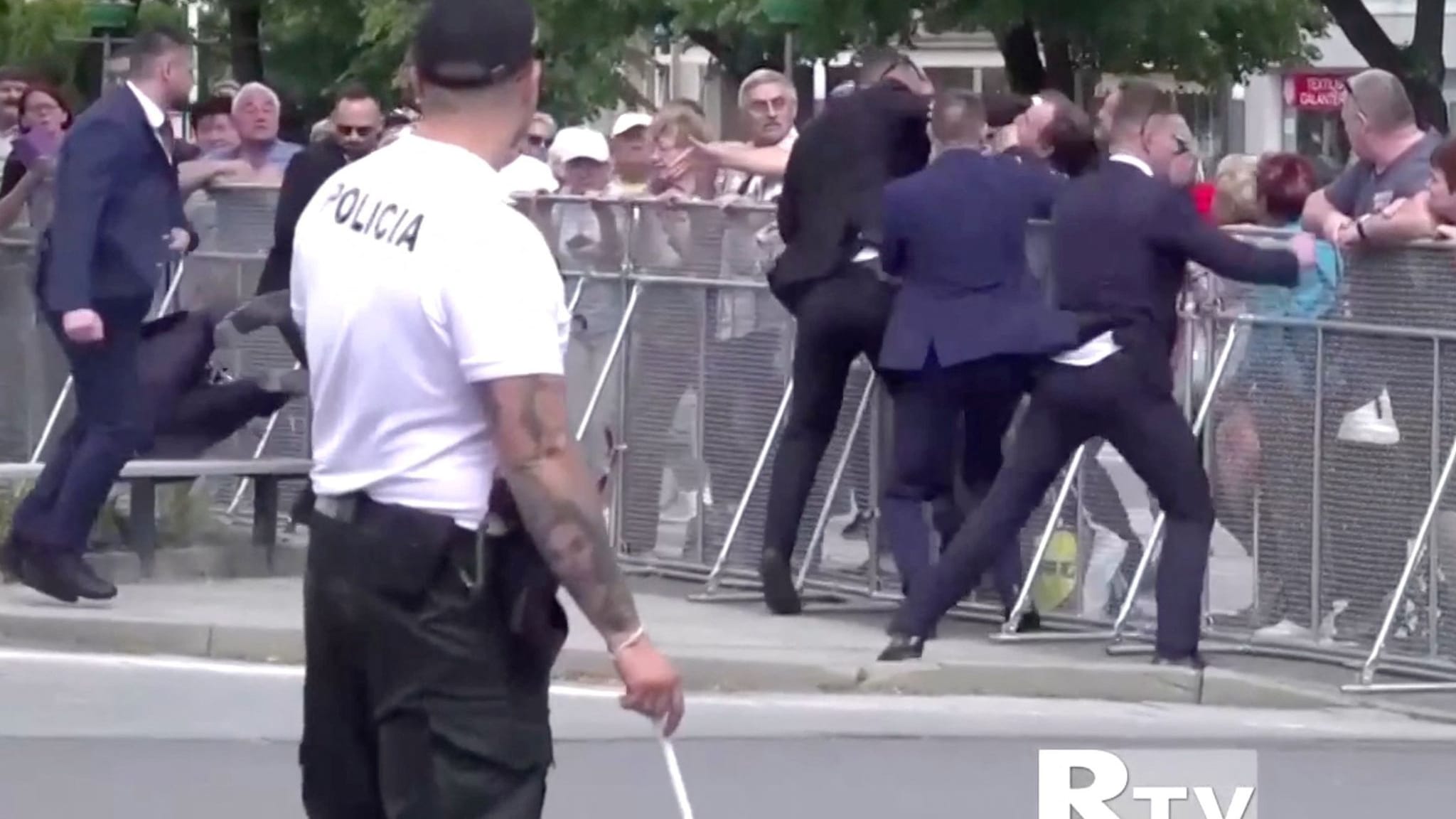When Mayor Brandon Johnson’s office announced in February it would replace Erin Harkey, the commissioner of the city’s Department of Cultural Affairs and Special Events (DCASE) since 2021, it came as a surprise to many in Chicago’s cultural world. Compared to his predecessors, Johnson has been slow to make cabinet appointments, leaving city departments reportedly reeling from late-stage shakeups.
The timing was a factor. Harkey’s ouster came just a few months before the start of summer festival season, DCASE’s most visible public offering. (This year, that includes a 20th anniversary celebration for Millennium Park July 18-21.) But some of the department’s most essential work happens behind the scenes, conferring $24 million in artist and organization grants in 2023; that amount stands to increase this year, with DCASE securing its largest budget to date at more than $87 million.
In March, Johnson announced former art appraiser and curator Clinée Hedspeth as Harkey’s successor. Hedspeth has known Johnson for 20 years; they both got their start in politics working together in the offices of Oak Park representatives Don Harmon and Deborah L. Graham. She later worked for Johnson as his legislative director from 2018 to 2021, when he was Cook County commissioner.
Hedspeth, 43, grew up in Seattle’s Capitol Hill neighborhood in a family that was both politically and artistically engaged: her mother was a Black Panther and theater lover, and her grandmother participated in early efforts to start the Northwest African American Museum.
She first moved to Chicago to attend Dominican University, in River Forest, but put her degree on hold to work. After returning and graduating in 2013, Hedspeth started her own fine art appraising company and joined the DuSable Black History Museum and Education Center as its director of curatorial services in 2015. Most recently, Hedspeth worked as an associate specialist in 20th century and contemporary art for Phillips, the prestigious British auction house.
Hedspeth lives in Hyde Park, where she remains board chair of the Hyde Park Historical Society. She is also the board president of Edgar Miller Legacy, a nonprofit supporting preservation of the late artist-designer’s work, and chair of the Literature and Arts Committee at the University Club of Chicago, where Hedspeth made something of a public debut interviewing Johnson on April 8.
Hedspeth spent much of her own half-hour interview with the Tribune giving a detailed tour of the art in her corner office at the Chicago Cultural Center, including pieces pulled from the city’s own art holdings: sketches by Alison Saar, a vibrant textile by Nick Cave and a small sculpture by the late Richard Hunt.
But when it came to her specific plans for DCASE — and its $87 million operating budget this year, its largest ever — Hedspeth had less to say. A condensed and edited version of that conversation, on April 25, follows.
Clinée Hedspeth is the new appointee for the commissioner of Chicago’s Department of Cultural Affairs and Special Events. (Terrence Antonio James/Chicago Tribune)
Q: Your predecessor Erin Harkey presented five goals to City Council during 2024 budget negotiations: prioritizing the ongoing COVID recovery for the art sector; streamlining the process to apply for and produce special events; developing more large-scale events; celebrating the 20th anniversary of Millennium Park with new commissions and programming; and self-evaluating DCASE’s own functions for efficacy and efficiency. I’m wondering what your goals are. Do you share those goals? Are there any you want to augment or redirect?
A: I have goals. And you know, it’s so funny, because we were just like, what’s the vision? And I said, “Well, there’s visions.” There shouldn’t be just one vision. I have goals, but I’ve hit 30 days now. I think it would be foolish to share some of those. I want to work with my team a little bit more to make sure those are communicated accurately and to demonstrate that they’re not bumping against what has been done before.
So, the answer is: I have them and I plan on sharing them soon.
Q: But not at this time?
Not at this time.
Q: We also just mentioned the budget —
A: — which is important. I mean, you know, that is key. That is a major document, guiding those healthy boundaries, right? So, I just wanted to make sure that I was first well-versed and understanding of that.
Q: So, you can take some questions about the budget?
I’ll wait.
(In a follow-up email, a department spokesperson stated that DCASE’s “festivals and events, public art, cultural grants, and other programs will be similar to (2023)” and that the department “will continue to prioritize direct support to artists and arts organizations.”)
Q: OK. So far, Mayor Johnson has followed through on his campaign promises to increase DCASE funding. But there are also stressors that he couldn’t have predicted, like the ongoing migrant crisis. We also know that COVID relief funds, which are currently a third of the (DCASE) budget, are finite and must be spent by 2026. When the going gets tough, what’s your pitch for retaining or increasing funding to the arts?
A: My philosophy is, I have to get out there. We (DCASE) need to maintain some of these services that we’re offering, and we bring our own networks to the table. That’s a key part of my responsibility and job: to knock on some of those doors. With people celebrating Chicago internationally, we need to look at ways to encourage people to support what they enjoy (about Chicago’s arts scene) outside of here, too. Funds are changing, but the need isn’t. You can’t just have a grants department — I have to be part of that, and be hands-on.
What I can say is that my team and I are anticipating changes and trying to get ahead of them. (We’re) going to institutions, organizations, foundations that have not participated, and revisiting organizations that aren’t necessarily being responsible with their funding practices, either.
Q; You took office a couple months before summer festival season. What did you find in terms of festival planning when you came in?
A: I mean, the team is good. It runs well. It’s just making sure that I’m caught up. People will not notice the difference between who’s sitting here right now. If anything, they’ll walk away with additional support that enhances what we’ve been doing well and what the department has been doing well in the city.
Hannah Edgar is a freelance writer.





